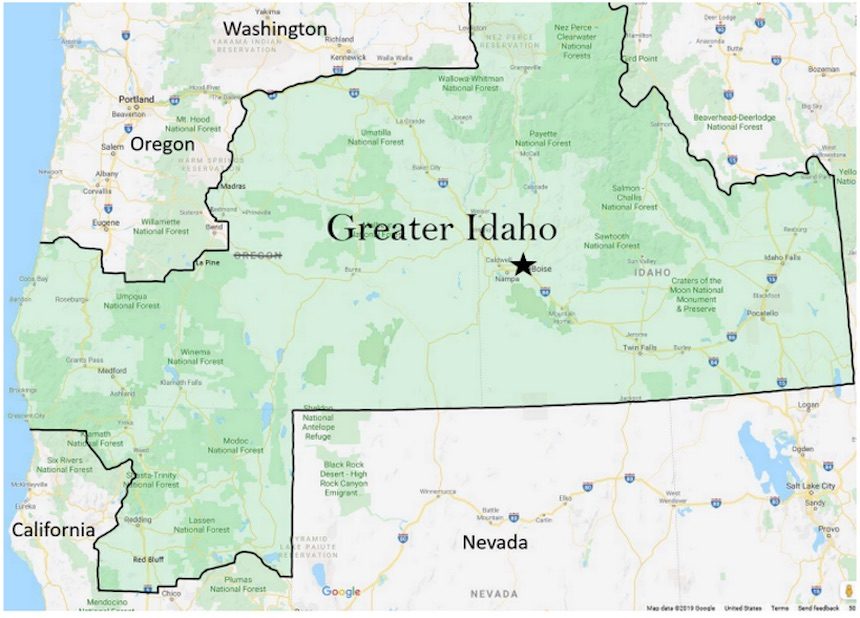Idaho Schools

No other state spends less on education per student than Idaho, according to a recent report from the U.S. Census Bureau, which surveys and ranks school finance systems. It also ranks last in the nation in terms of school infrastructure spending per pupil, a state report shows. So over the past several decades, rural districts across the state have faced the same challenge as Bayer: To improve or replace aging — and sometimes dangerous — facilities, they must appeal to local taxpayers and clear some of the nation’s most restrictive thresholds for school funding. Despite urgent needs, most of these efforts fail, an investigation by the Idaho Statesman and ProPublica has found. As a result, students across the state must learn amid dire conditions.
In one Idaho school, the foundation is crumbling. In another, so few bathrooms serve hundreds of kids that students have soiled themselves, according to school officials and local media. And in yet another, a portion of a roof recently failed during off-hours, sending water flooding into a classroom and bathrooms, destroying books and temporarily limiting learning space.
Since 2006, districts have mounted 217 bond attempts to remedy these types of problems and accommodate growing student populations. Had Idaho required only a majority of voters to support the measures — the threshold in most states — 83% of them would have passed. Instead, just 44% were approved, according to an analysis of bond measures and election data by the news organizations.
Like Boundary County, more than two dozen districts have tried to pass bonds and failed at least twice since 2006. Nine of those districts never succeeded during that time.
All of this matters not only for the safety and comfort of students but for their academic success. Research has shown that young people who learn in deteriorating or substandard facilities have worse educational outcomes than peers who learn in newer and functional buildings.
Superintendents say they have little choice but to patch up the issues they can see and hope it’s enough for now. But others fear that by trying to maintain buildings that need to be replaced, at best they’re wasting taxpayer dollars and at worst they’re risking an accident. “Do we keep putting a Band-Aid on something that’s broken?” said Troy Easterday, superintendent of the Salmon School District, which has tried and failed to pass a bond nearly a dozen times since 2005 in an effort to secure funding to build a new school. The district’s elementary school building, which is plagued by aging plumbing, uneven floors and a cracked foundation, is around 70 years old.
Education advocates and some lawmakers argue that the bond threshold should be lower.
By requiring support from two-thirds of voters, “you essentially allow the government to be operated through the tyranny of the minority,” said Mat Erpelding, a Democrat and former House minority leader who unsuccessfully tried to pass legislation in 2017 to start the process of lowering the threshold for passing bonds to 60%. Under that metric, about 62% of all bonds placed on the ballot since 2006 would have passed, compared to the actual passage rate of 44%, according to the Statesman-ProPublica analysis.
Some current legislative leaders, however, disagree with Erpelding’s assessment. “I think it needs to remain in place,” said state House Speaker Mike Moyle, a Republican who pointed out that the provision has been in the state’s constitution since its earliest days. “I think it’s a protection for the taxpayer.” And practically speaking, lowering the threshold would be difficult, requiring a constitutional amendment that would have to be approved by two-thirds of legislators and a majority of voters.
You can see why rural Oregon wants to be part of Greater Idaho. They can focus on the real threats to children like drag shows in Portland or whatever they think Critical Race Theory actually is and not water dripping on their heads.
